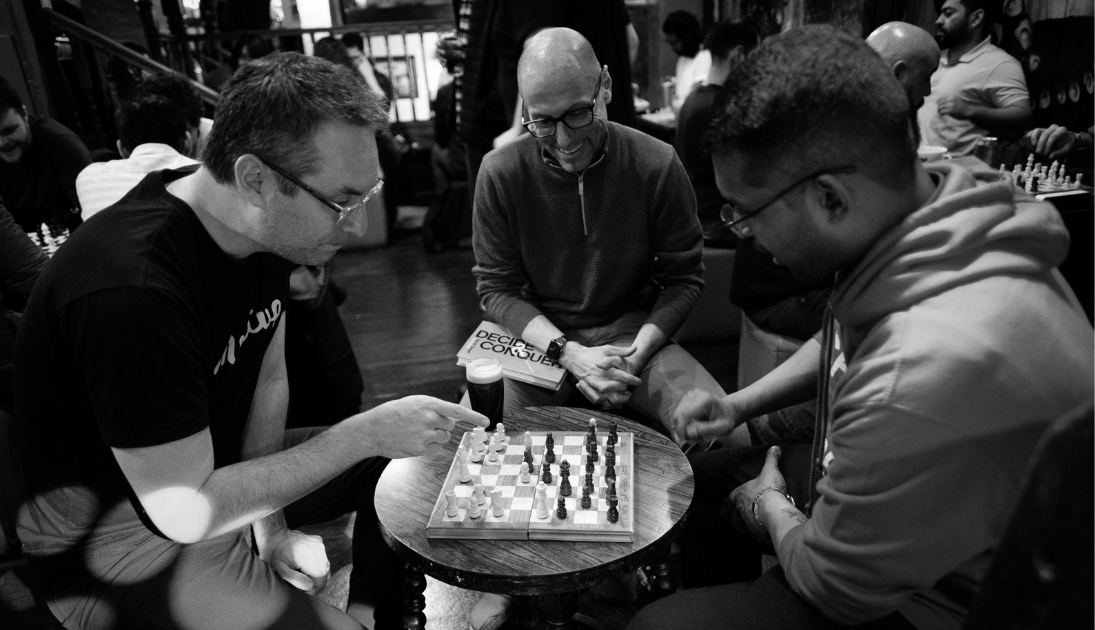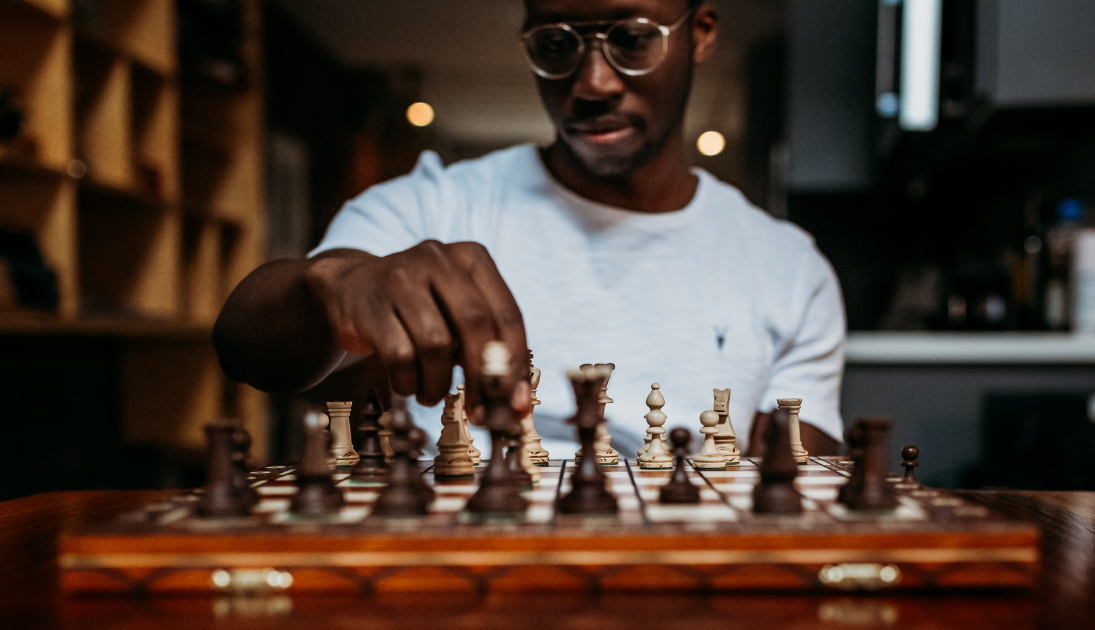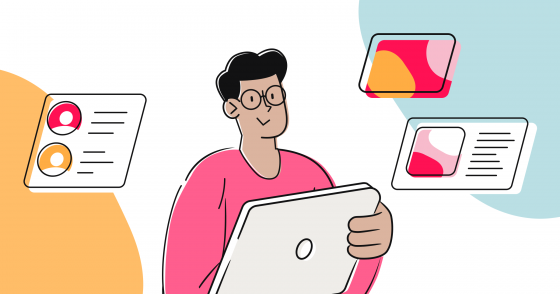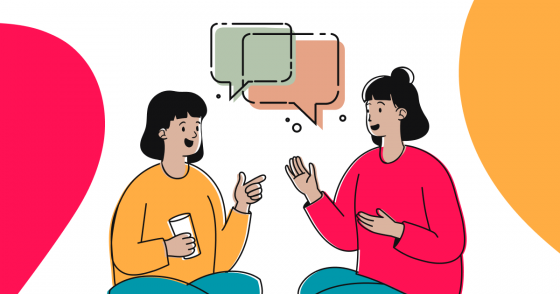Chess dates back to 600 A.D., with its origin being a two-person Indian war game called Chaturanga. It was later brought from Asia to Europe by Persian traders, and along the way picked up some new characteristics that resemble today’s modern game.
In the nearly 1,500 years of chess’s existence, it has ebbed and flowed in popularity, but always maintained a strong presence as “the game of kings” and an unparalleled test of strategy. In the United States, the height of chess’s popularity came in 1972, when a televised match saw Brooklyn resident Bobby Fischer become the World Chess Champion, defeating Soviet grandmaster Boris Spassky. American chess was never again so widespread among both young and old, among casual fans and serious competitors—until today.
Why chess is booming
The latest boom in chess is well underway, and it rivals the post-Fischer boom 50 years ago. Back then, a television program brought chess directly into the home, front and center. Today, we have the Netflix series The Queen’s Gambit, a record-breaking smash hit about a young girl’s path to the pinnacle of competitive chess. It premiered during the pandemic, when hundreds of millions of Americans were stuck at home, looking for something to do.
During that same time, Chess.com saw their number of active users surge from 8 million to 17 million. Even as the pandemic wanes, interest in chess continues to grow. On Meetup, chess was one of the biggest trends and most popular searches throughout 2022.
Chess has swept across the globe and stuck around for these thousands of years for a simple reason: it’s fun! It’s an intimate board game with basic rules, meaning anyone can pick it up. But those basic rules lead to a whole universe of advanced strategy, and you can really sink your teeth into the game, which is endlessly adaptable and creative despite the rules never changing. So join the latest chess wave, learn a bit more about the game, and start playing more chess today.

How to get started with chess
If you’re brand new to chess, the first thing to do is learn how each of the pieces moves across the board. Pawns, knights, bishops, and rooks each have their own strengths and weaknesses. The queen is the most powerful piece (able to move in any direction at any distance). However, it’s her partner the king (a comparative weakling) who ultimately decides the outcome of a chess match, because the object of the game is to checkmate (put in a position of inescapable capture) the opponent’s king. For a helpful visual reference, check out this “How to Move the Pieces” interactive lesson.
Once you’ve got a handle on the basic structure of the game, you can learn some openings and endgames. These are techniques for starting and finishing the game—knowing which pieces to move, where to move them, and in what order. Some are defensively minded, aiming to protect your more valuable pieces. Others you may have heard of, like the Queen’s Gambit (!), are more daring and offensively minded, with the added risk potentially paying off in a quick victory.
Now that you’re up to snuff on how chess is played, the best way to improve your skills is to practice! Don’t be intimidated by your relative lack of experience. The most important thing is to remember that chess is, after all, just a game. The main goal should always be to have fun! There are plenty of active chess groups who welcome players of all skill levels, like the People’s Chess Club of NYC , Chicago Chess, and Chess n Fun in Dublin.

Take advantage of the Meetup + Chess.com partnership to find chess friends
Meetup’s core value is human connection, and Chess.com is dedicated to getting people to play together, so this partnership is a perfect fit. The goal is to help everyone who’s interested in chess (at any level) to find a community and improve their skills at in-person events around the world.
There are already more than 300 Chess.com communities active on Meetup, like Chess in San Francisco by Chess.com, a group of 175 members. They host events for open play, workshops, friendly competitions, and watch parties of high-level tournaments. Last fall, the Chess in San Francisco group hosted an event at the historic Mechanics’ Institute where members got to meet world chess champions.
The Meetup + Chess.com crossover offers a special offer for anyone who wants to build their own chess community. Meetup will empower you to organize a group, and Chess.com will cover your subscription costs! Just fill out this quick application form and you’ll be on your way toward more chess and more cherished memories.
Last modified on January 22, 2024










